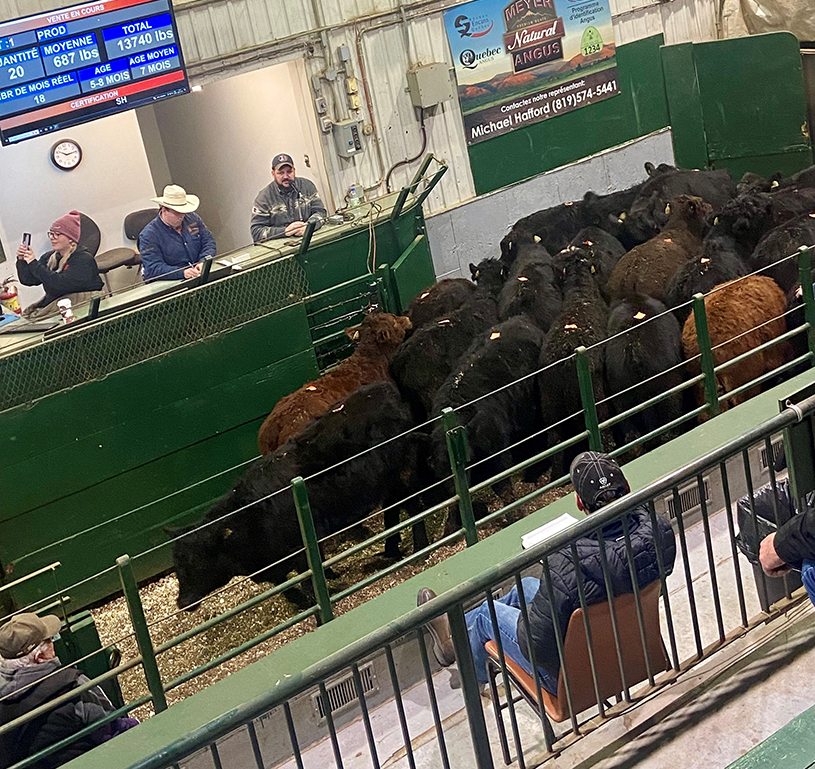 Specialized Auctions
Specialized Auctions
For over 20 years, the PBQ has published the Quebec Specialized Feeder Calf Auctions Circuit (Circuit) pocket calendar. All feeder calf producers receive the package of documents along with the pocket calendar by mail in July of each year.
+ 2025-2026 Info on specialized auctions circuit
+ 2025-2026 Vaccination Statement
Producers now have the option of receiving the package by email. To register for this service, simply fill out the form here.
Feeder calf vaccination
Since October 2003, all calves sold through specialized auctions must be vaccinated according to the PBQ’s prescribed protocol. The objective of the protocol is to provide a higher-quality product that meets buyers’ needs. The vaccination strategy for specialized auctions strengthens calves’ immune systems, reduces health problems, and lowers mortality.
Calves must be vaccinated against the following:
- Infectious Bovine Rhinotracheitis (IBR) virus
- Parainfluenza 3 (PI3) virus
- Bovine Respiratory Syncytial Virus (BRSV)
- Bovine Viral Diarrhea (BVD) virus
All calves at least 5 months of age must have received a dose of a modified LIVE vaccine. The vaccination date must be at least two weeks but no more than four months before the sale date.
Breeding herd vaccination
Since August 1, 2023, all feeder calves sold through specialized auctions must come from a breeding herd that has been vaccinated for fetal protection.
SCENARIO 1
- Calves are vaccinated with a VVM after 5 months of age.
- Heifers are revaccinated with a VVM for fetal protection (FP) at least 1 month before the first breeding.
- Cows in the herd are vaccinated postpartum with an VVM FP or a bovine viral diarrhea (BVD) vaccine approved for FP and administered according to label directions.
- A booster dose is administered annually according to label directions to achieve FP.
SCENARIO 2
- Calves are vaccinated with an VVM after 5 months of age.
- Heifers are revaccinated with an VVM FP at least 1 month before the first breeding, and then revaccinated during the second trimester of gestation with an inactivated BVD vaccine approved for FP.
- Cows receive an VVM FP at least 1 month before the first breeding and are revaccinated during the second trimester of gestation with an inactivated BVD vaccine approved for FP.
- A booster dose is administered annually during the second trimester of gestation with an inactivated BVD vaccine approved for FP.
Following the implementation of one of the two vaccination scenarios, newly introduced female animals into the herd without known vaccination status must receive a pre-breeding VVM FP before being included in the vaccination protocol.
Vaccinating the breeding herd will be beneficial for the entire sector and will help prevent abortions caused by bovine infectious rhinotracheitis virus (IBR) or bovine viral diarrhea virus (BVD). It will also prevent, depending on the vaccine used, immunotolerance to BVD and the birth of calves infected with the virus before birth.
The vaccination protocols for beef calves and the breeding herd were developed by veterinarians from the Faculty of Veterinary Medicine at the University of Montreal, representatives from the Association of Practicing Veterinarians of Quebec, and producers of beef cattle and calves. The recommendations of the veterinarian must be followed at all times.
The price of feeder calves sold through specialized auctions is always the primary reference when it comes to determining prices for all feeder calves bought and sold in Quebec. For further information on market prices, see the Info-prix section.
 Youtube
Youtube Facebook
Facebook
